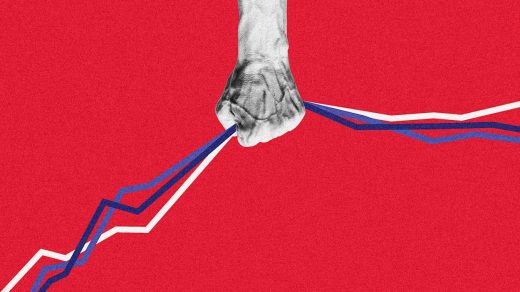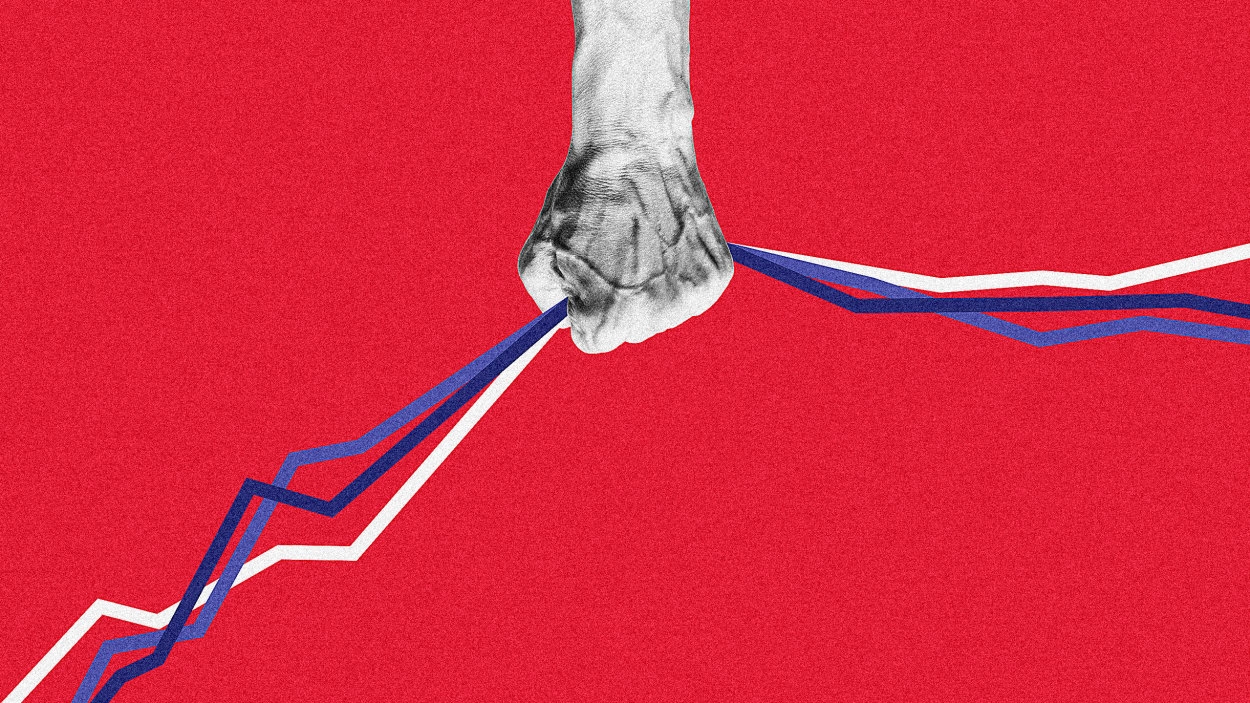Expecting a recession? These are the jobs that may fare best
As layoffs and the possibility of a recession make headlines, employees who just weathered more than two years of pandemic-related uncertainty just want to know their livelihoods will remain intact. And while that can be hard to predict, depending on the company and sector, there are some sectors and roles that experts predict will fare better than others.
“While no job is wholly immune from a significant economic downturn, there are positions and skills that remain in demand regardless of how the markets perform,” says Pat Petitti, cofounder and CEO of talent marketplace Catalant Technologies. Here, experts share their predictions about job categories that would fare well during economic turmoil in 2023.
Heathcare clinicians
An aging population, ongoing pandemic, and a shortage of healthcare workers add up to opportunity in healthcare. A report by Indeed included four healthcare career options—registered nurses, physical therapists, psychologists, and pharmacists—in its list of top 10 recession-proof jobs.
Morgan Llewellyn, chief data scientist at Jobvite, says that his company’s data shows strong hiring in the healthcare sector overall, with organizations struggling to find enough workers. “We think healthcare is going to be relatively insulated [from an economic downturn],” he says.
Government and social services
Petitti says that another area that tends to “remain steady when the markets dip” is social services. As people experience fallout from recession or economic volatility and unemployment increases, there is a greater need for people who work to alleviate those challenges, he says.
And the long-term outlook is good, too. Data from the Bureau of Labor Statistics predicts that community and social services will be one of the top job-growth categories over the next decade. The BLS also expects substance abuse and mental health counseling jobs to increase by more than 22% over the next decade.
Core roles within key businesses
Another group experts believe can exhale are people who work in key roles at businesses upon which customers depend during recessionary times. “Roles that tend to do well in downturns span industries and skill sets. For example, there are core functions businesses cannot afford to run without,” Petitti says. So, financial professionals, attorneys, and some information technology workers may find their jobs fare well during tough economic times. Accountants may fare particularly well, according to Mark Bartels, chief financial officer at Ignition, a client engagement and commerce platform for professional services businesses. In the midst of an accounting shortage, the BLS projects roughly 136,400 job openings for accountants and auditors each year for the next decade.
Llewellyn says there may be added protection for such roles within companies that provide consumer staples. “People still need laundry detergent. People still need shaving cream. Things like that are ‘super staples,’” he says. Typically, in inflationary environments, such consumer staples also have price elasticity, so prices can go up without much fallout, he says. “So, that’s kind of at a sweet spot.”
Entertainment
While it may seem counterintuitive, recessions may be good for entertainment, especially the movie business. Ticket sales may still be below pre-pandemic levels, but a recent report from PwC predicts a full recovery in 2023. And BLS data lists movie theater jobs ranging from ticket takers to projectionists as among the top four fastest growing job categories. Also on that list? Key roles in sports, including officials and referees.
Trades and utilities
Regardless of the economy, pipes break and heating, ventilation, and cooling systems malfunction. Being able to fix and keep such important systems running provides a measure of job security, too, so careers in the trades generally offer some recession-resistance. “Essential trade jobs like pipefitting, electrical and plumbing services are also relatively safe during hard times,” Petitti says.
Similarly, utilities are also essential, providing a measure of protection for the people who keep them running, Llewelyn says. “People still need power, they still need gas for their homes, that type of thing,” he says.
Tech (yes, tech)
Recent layoffs at some of the country’s largest technology companies may make the sector seem risky right now. However, Llewelyn believes those will be short lived. “Yes, we’ve seen a lot of high-profile layoffs. It’s gobbled up a lot of the news cycle. But if we’re looking at the medium- and longer-term outlook on technology, we see a strong growth in the demand for labor, just like we do for healthcare,” he says. BLS projects that software developer jobs will grow by 26% over the next decade.
While looking for jobs in recession-resistant sectors is one way to try to improve job security, Fast Company has previously reported ways to take a more personalized approach to recession-proofing your career if you sense layoffs are on the horizon. Finding ways to make yourself indispensable can also help keep your job safe.
(49)



